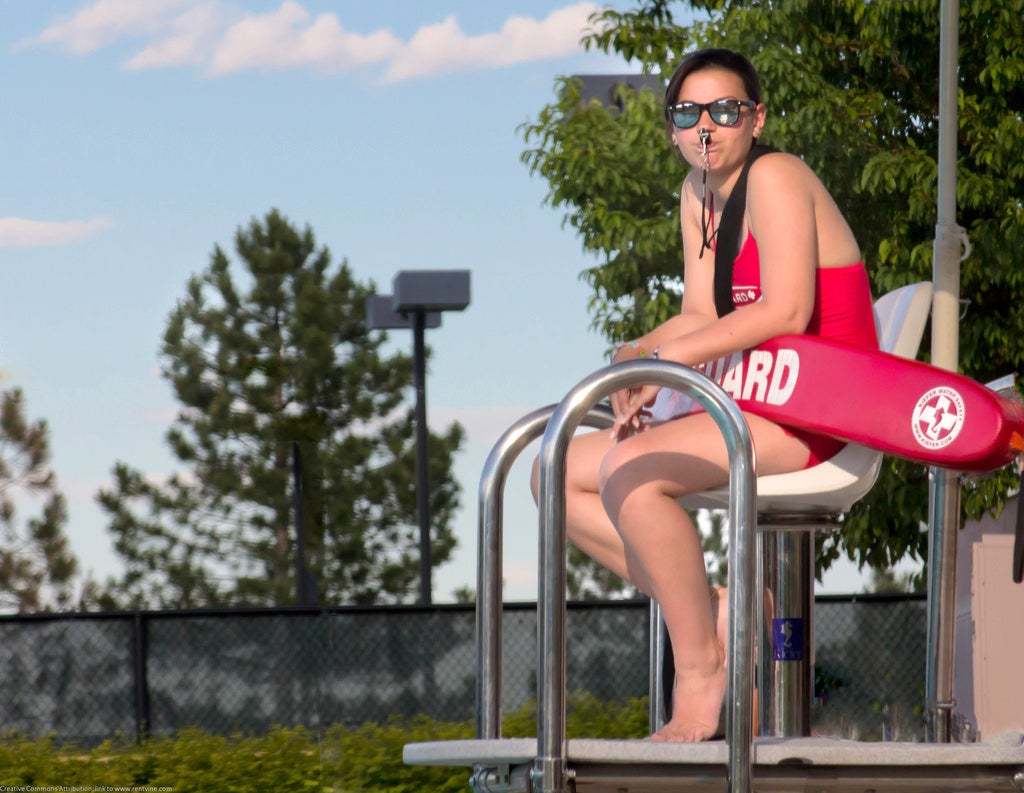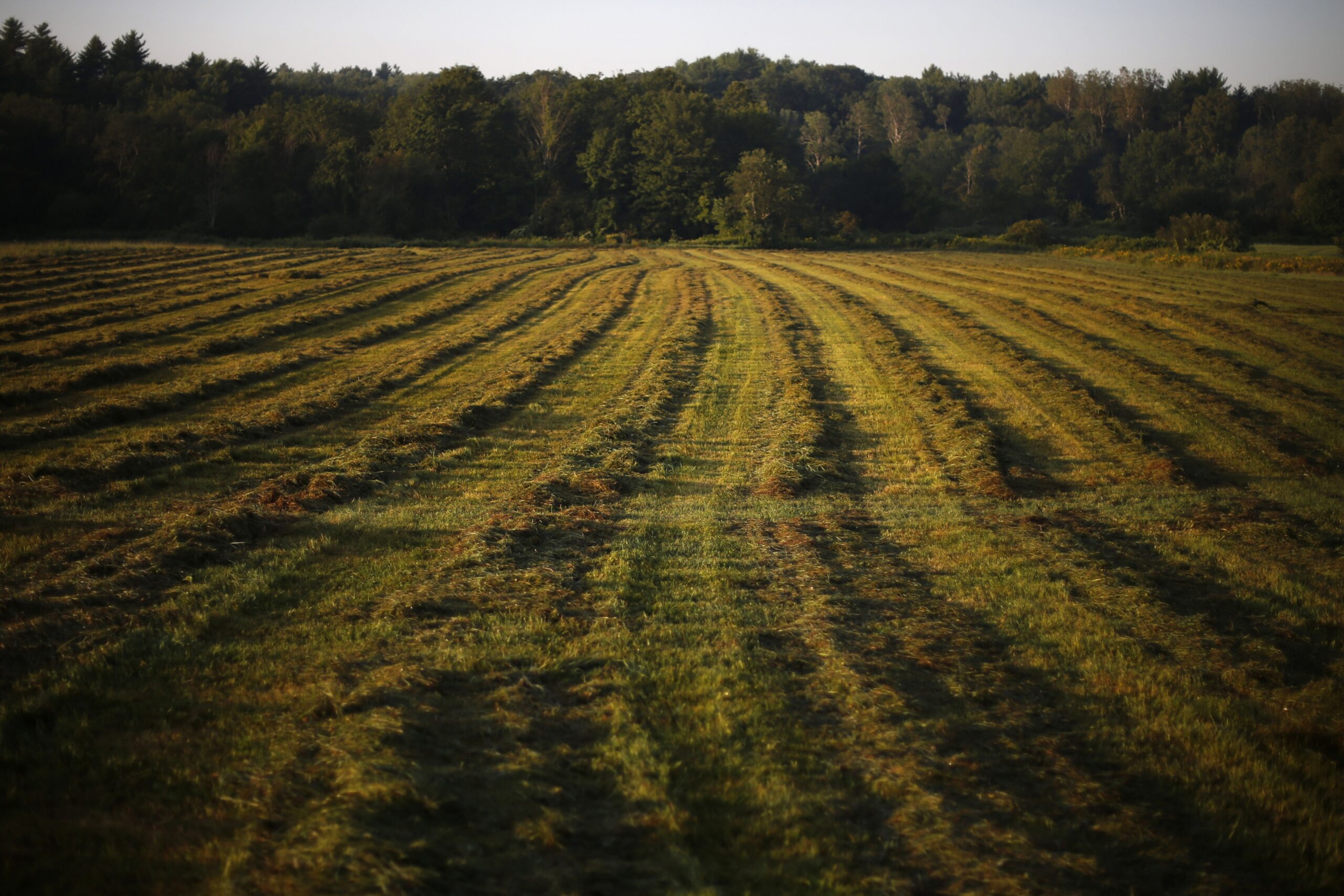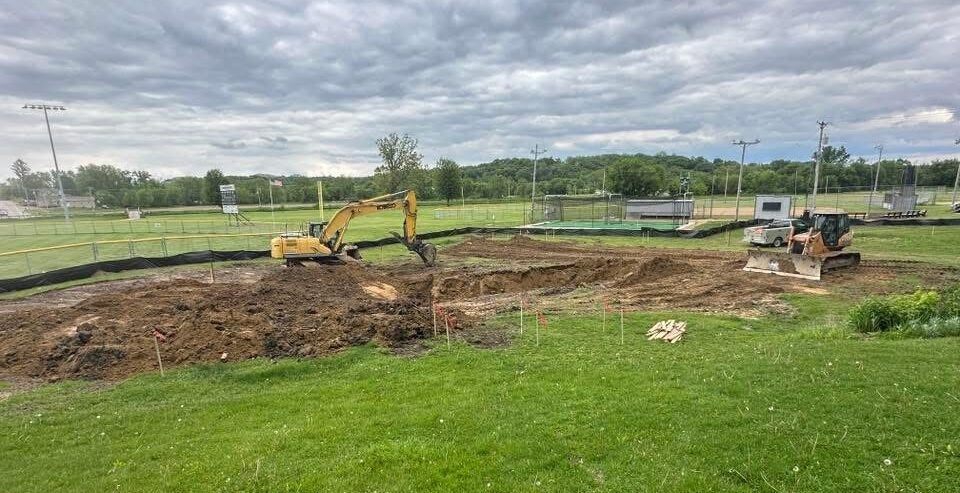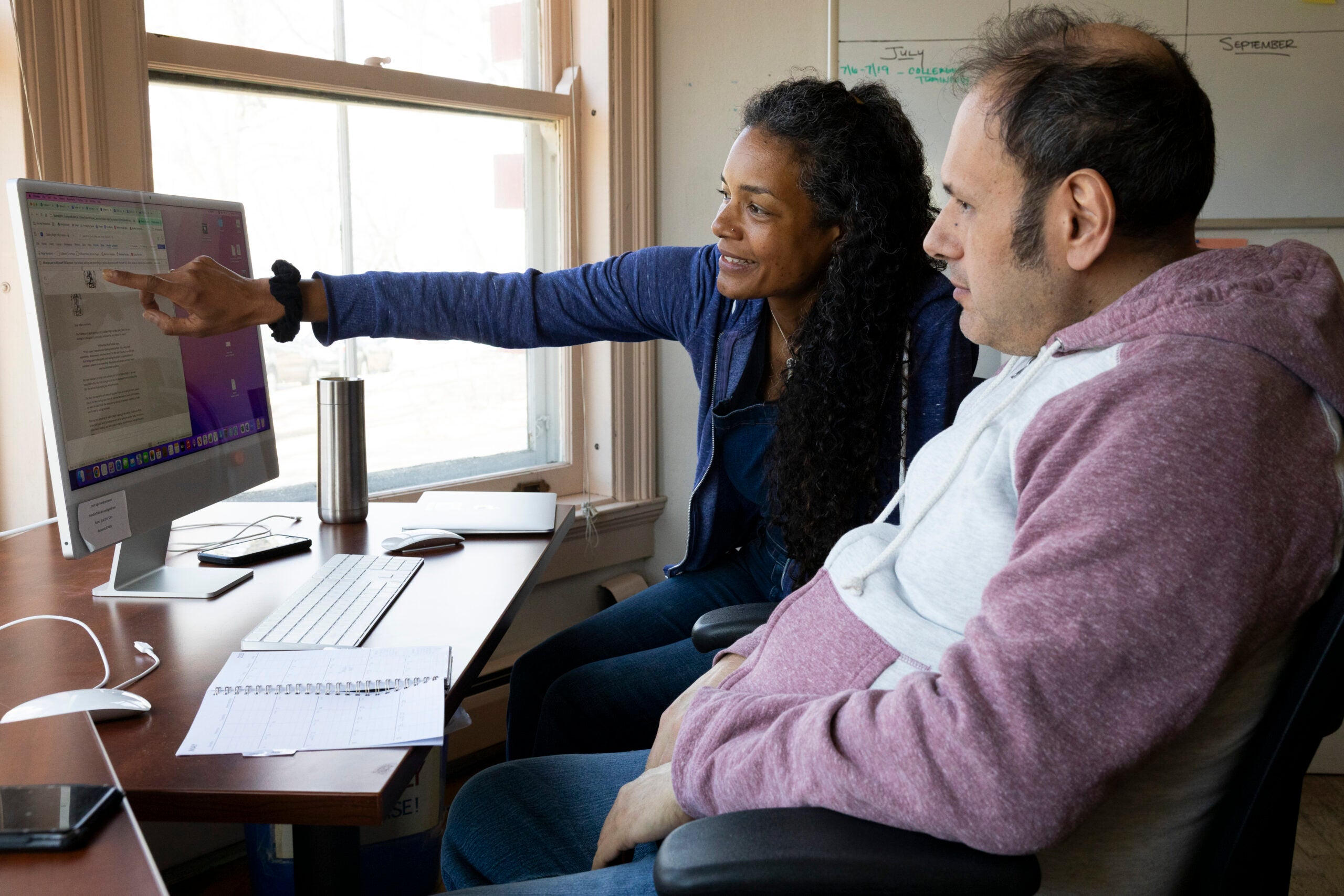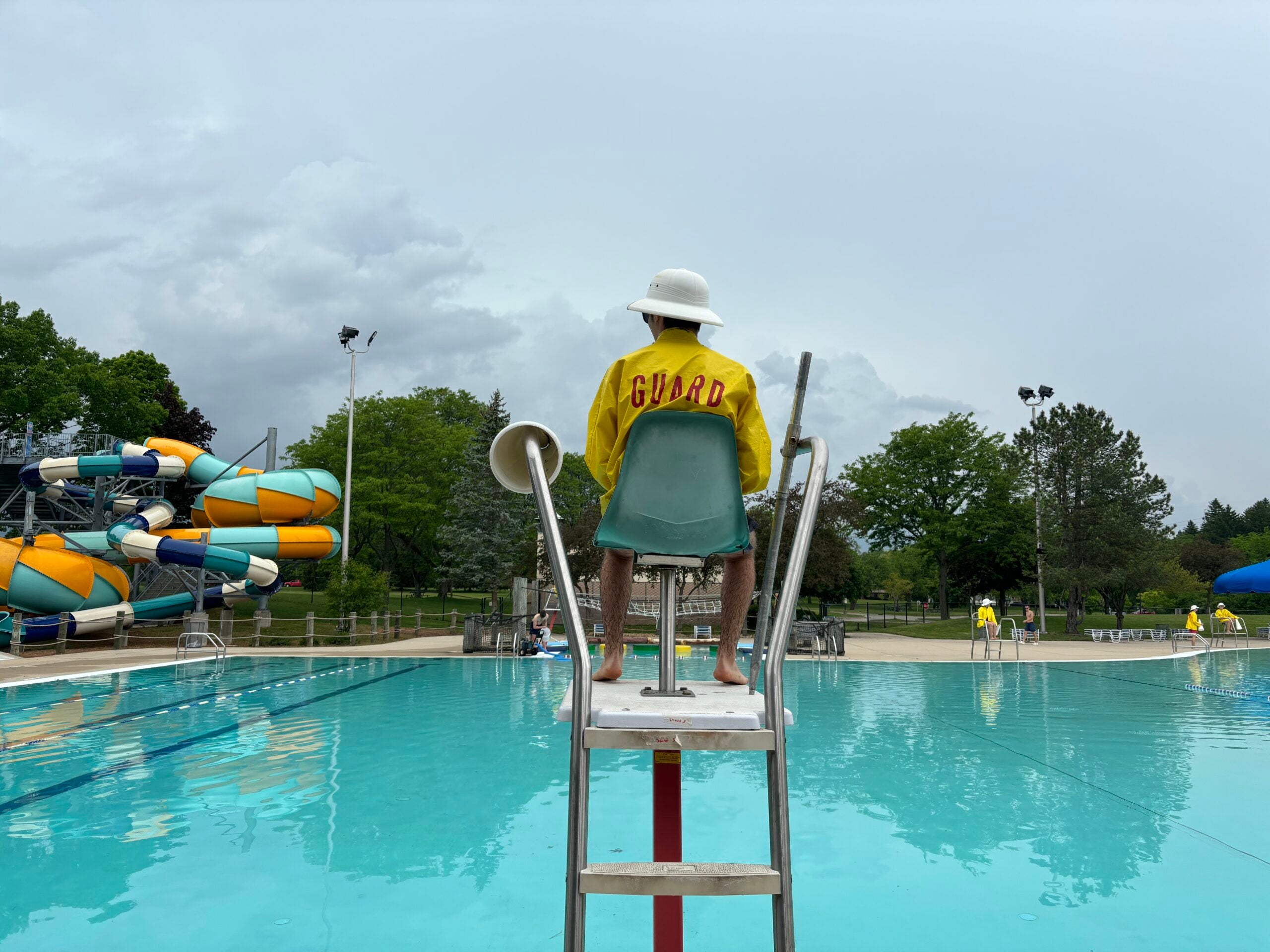In order to avoid lifeguard shortages, communities around Wisconsin are devising strategies to lure employees.
Some pools are paying higher wages. Others pay for swimsuits and training or recruit in high schools where students get credit for taking a swim class. Even still, finding lifeguards can be a challenge: Young adults are busy with high school and extracurricular activities.
Plus, they aren’t always up to the physical rigors of lifeguarding, according to Karen Powers, recreation superintendent in Wausau. The American Red Cross lifeguard class requires an initial fitness test, and Powers said that before someone can even enroll in a lifeguard class, they need to recover a brick lying in a pool’s deep end and it bring it back to the shallow end.
News with a little more humanity
WPR’s “Wisconsin Today” newsletter keeps you connected to the state you love without feeling overwhelmed. No paywall. No agenda. No corporate filter.
“Without using your arms to swim, you must hold the brick against your chest and only kick with your legs,” said Powers. “It also involves swimming a certain distance for time.”
Becky Adamski, aquatic director for Eau Claire YMCA, said that since hers is a college town, the pool of candidates is large. But she has trouble finding male lifeguards.
“It’s a popular female sport,” said Adamski. “(Women are) inclined to become lifeguards because they have that swimming background. A lot of males struggle in the water, first off, and then if they do become lifeguards they only stay for a year or two at my facility because they can find a job elsewhere at higher pay.”
For instance, she said, construction often pays more.
With this economic reality, Powers says Wausau pays $2 to $3 more per hour than surrounding communities. Wausau also pays for certification. The Eau Claire YMCA does not, but Adamski says a lot of summer camps do because that added incentive may be what it takes to get someone to sit in a chair and stay focused under the hot sun for hours at time.
Wisconsin Public Radio, © Copyright 2025, Board of Regents of the University of Wisconsin System and Wisconsin Educational Communications Board.

